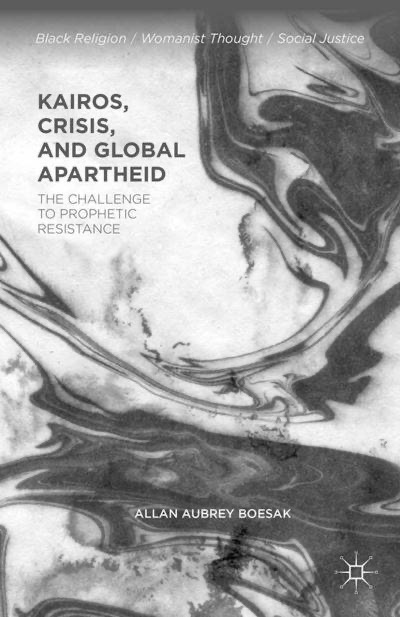We are pleased to publish, with his permission, a paper delivered by Dr Allan Aubrey Boesak at the Chile Conference on Palestine and Latin American Churches on 5 November 2022. His presentation was entitled Global Apartheid and Systems of Exclusion “This Wall Has No Future”

“Every time right minded Black South Africans have the opportunity to visit Israel/Palestine, they come away with a profound sense of shock, and it is the shock of recognition, of profound disorientation, of relived trauma: this is apartheid. It is the sense that something as irrelevant as the colour of one’s skin or what is called “racial identity” has condemned you from birth. It is the onslaught upon your dignity through discrimination, a thousand humiliations every day in every imaginable situation, and the relentless, deliberate process of dehumanisation.
It is the sense not only that your very life is being threatened at every turn, but that your life does not matter. It is the ongoing tragedies of dispossession through land theft and forced removals, destruction of property, and devastation of communities, legalised and legitimised by the law and enforced by the violence of the state. It is the myriad ways in which one is told that one has no place in the country of one’s birth. And it is always the violence: systemic, structural, physical, pervasive, and permanent.
Since 1948, South Africa, with its draconian, racist, white supremacist, and exclusivist policies had set the world a particularly vicious model of oppression and discrimination, injustice and exploitation. They called that system “apartheid”. So much had that system impacted the world, that we may speak today of a phenomenon called “global apartheid” which includes socio-economic inequalities and relentless exploitation, political and social exclusion, racial and ethnic discrimination, as well as gender injustice and heteronormative oppression. The common element here is not so much dominance of the racial element as the systemic, violent, pervasive, and totalitarian nature of that oppression. The general reference globally today is the division of the world between the so-called 1% and the 99%, made crystal clear in Oxfam’s annual reports: In January 2017,
Oxfam reported just 8 white men own as much wealth as half the world’s population. One in nine people do not have enough to eat and more than 1 billion people live on less than $1.25 a day. In 2020, Oxfam reported that in 2018 billionaire fortunes grew by $2.5 billion a day while the 3.8 billion of the poorest half of humanity saw their wealth decline by 11%. Last month, Oxfam told us this:
“As poverty levels increased to record levels and workers struggled with decades-high prices, two thirds of the world’s countries failed to raise their minimum wages in line with economic growth. Despite huge pressure on government finances, 143 out 161 countries froze that rates on their riches citizens, and 11 countries even lowered them.”
From Oxfam’s most recent report:

“The wealth of the world’s 10 richest men has doubled since the pandemic began. The incomes of 99% of humanity are worse off because of COVID-19. Widening economic, gender, and racial inequalities—as well as the inequality that exists between countries—are tearing our world apart.
This is not by chance, but choice: “economic violence” is perpetrated when structural policy choices are made for the richest and most powerful people. This causes direct harm to us all, and to the poorest people, women and girls, and racialized groups most. Inequality contributes to the death of at least one person every four seconds.”
Global apartheid is not only real, it is growing, and the greatest victims are always the poor, the powerless, and the marginalised, especially women and children.
The description of Human Rights Watch is frighteningly recognisable when it describes India’s treatment of Dalits – discrimination, denial of access to land, forced labour, degrading working and living conditions, and abuse at the hands of police and higher-caste groups that enjoy the state’s protection – as “hidden apartheid.” In the last few years though, emboldened by an aggressive, state-sanctioned Hindu nationalism it has been much more blatant, much more openly violent, and much more shameless.
The term “Global Apartheid” expresses our understanding that apartheid is a system of governance, expressed in policies and actions that may occur anywhere and under different circumstances. In recent years, since the outbreak of COVID-19, the disparities as a result of socio-economic inequalities, one of the most glaring forms of global apartheid, and the disproportionate suffering of the poor, the marginalised, and people of colour across the world, evidenced how powerfully relevant the term had become.
Download Dr Boesak’s entire paper here
